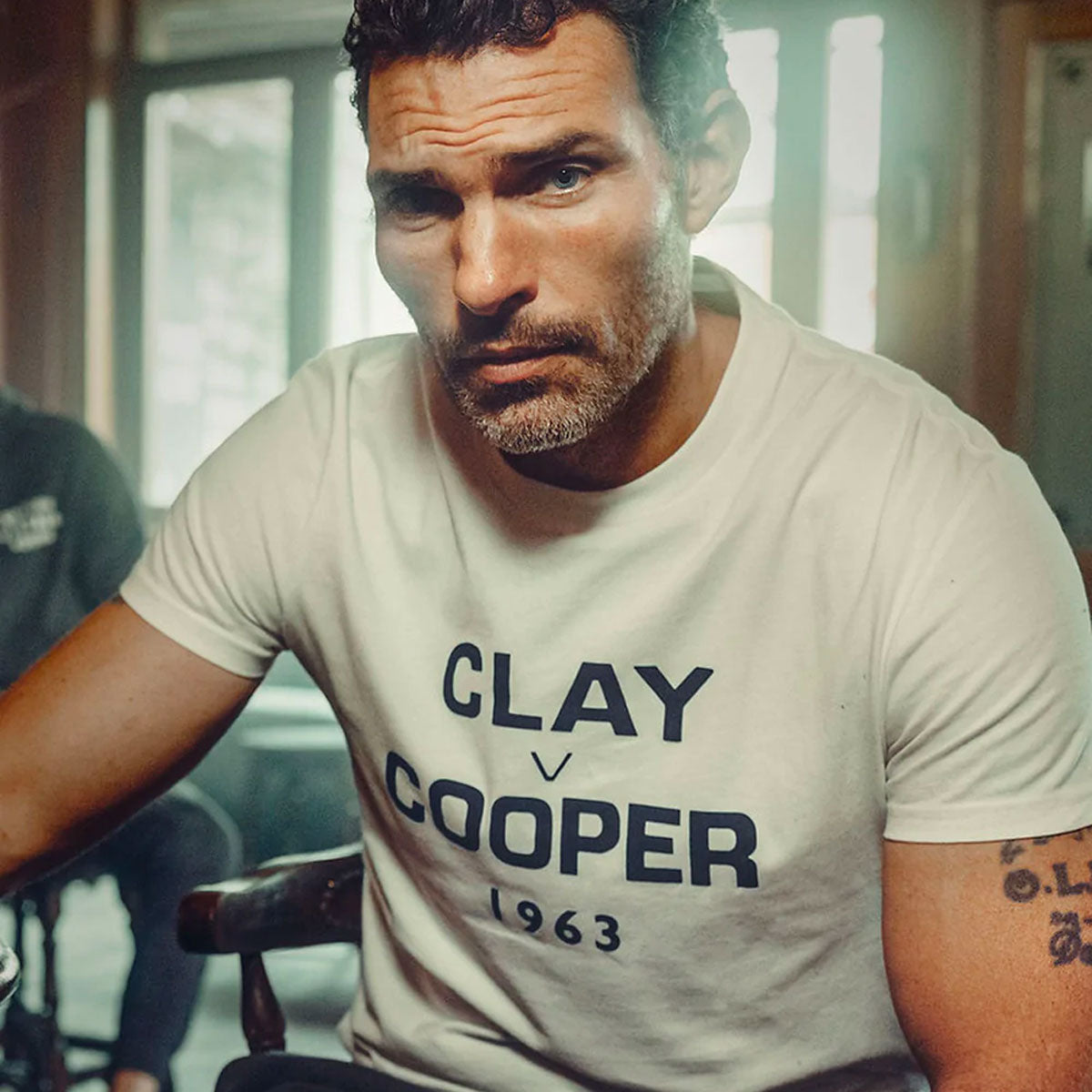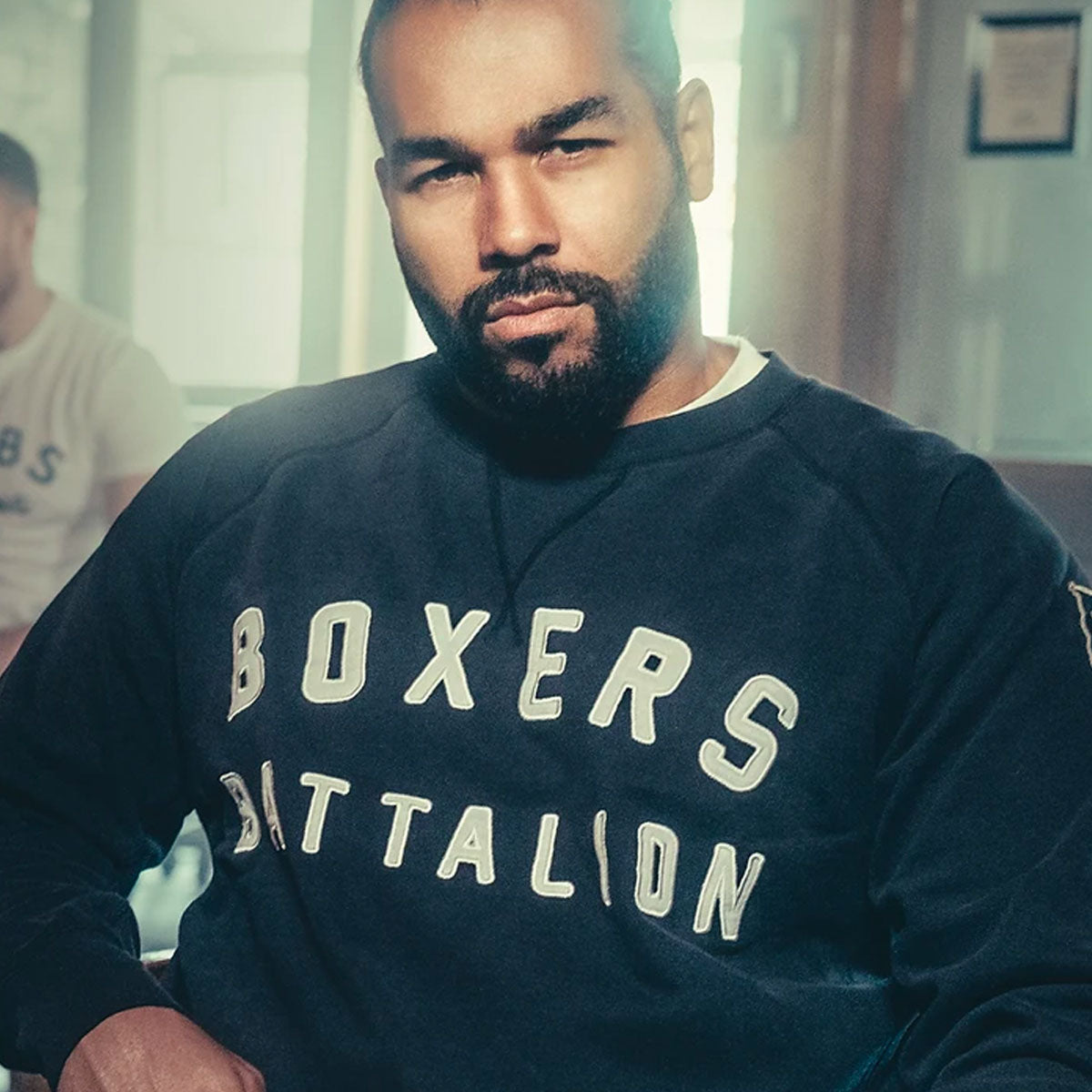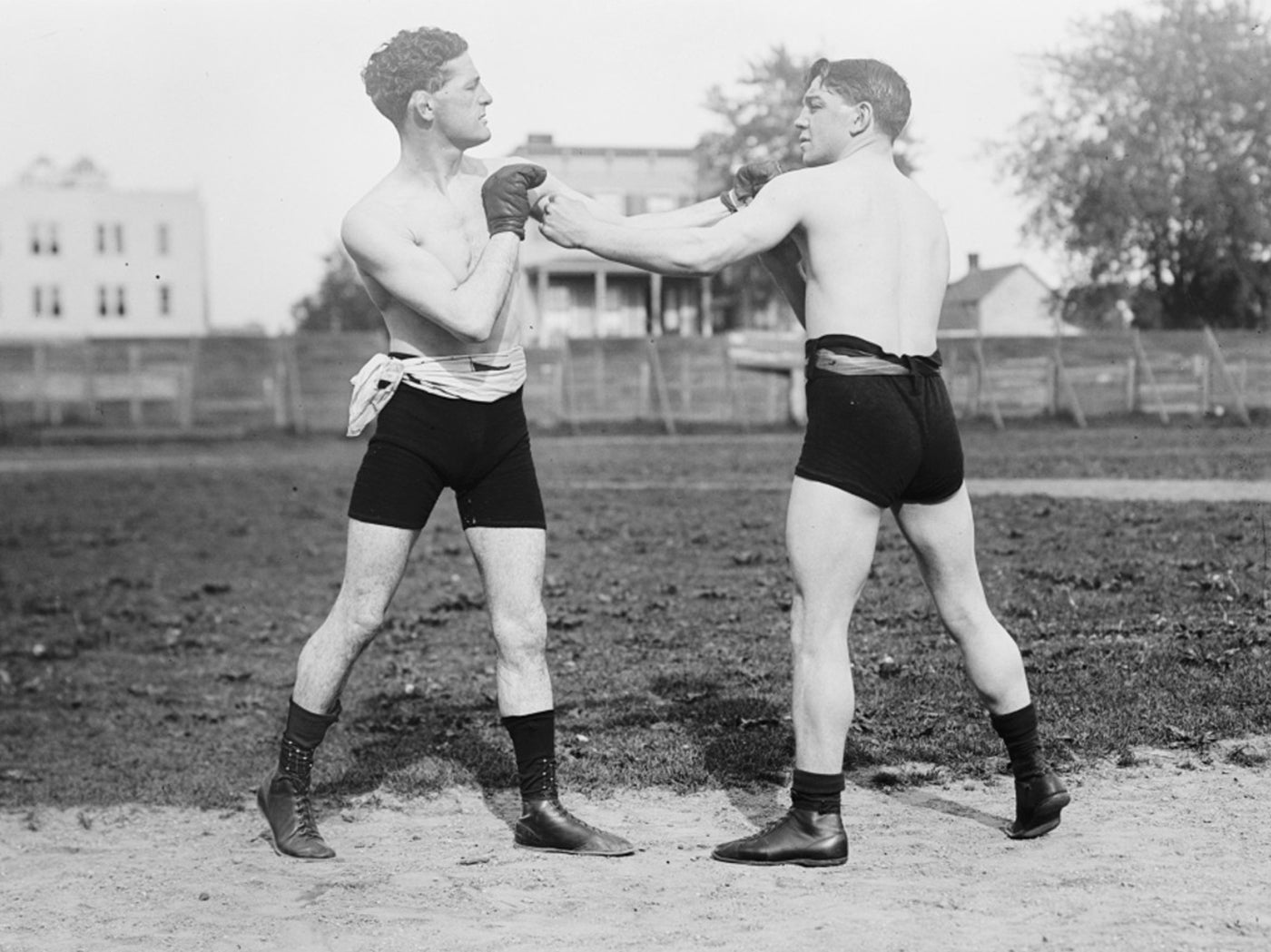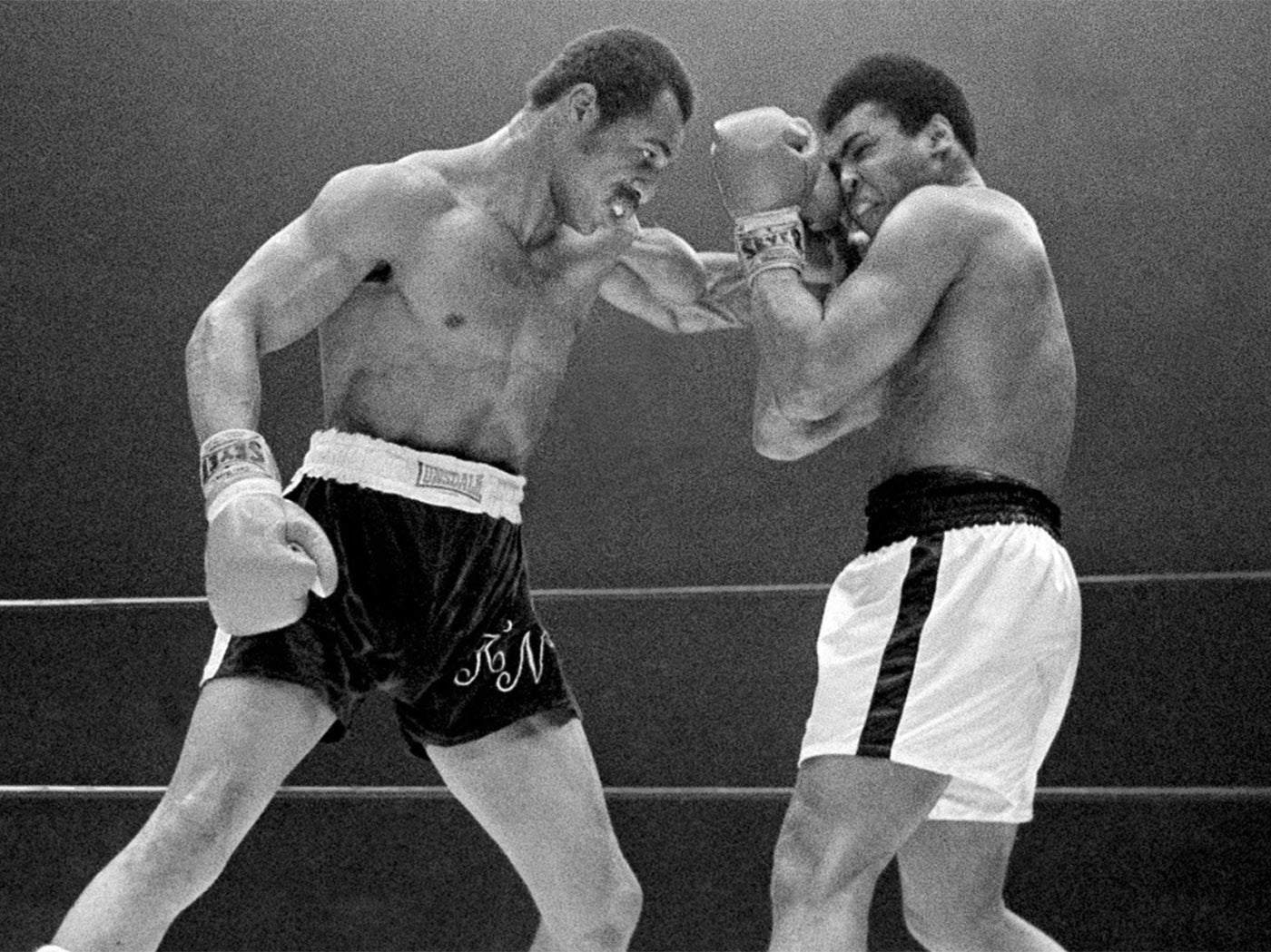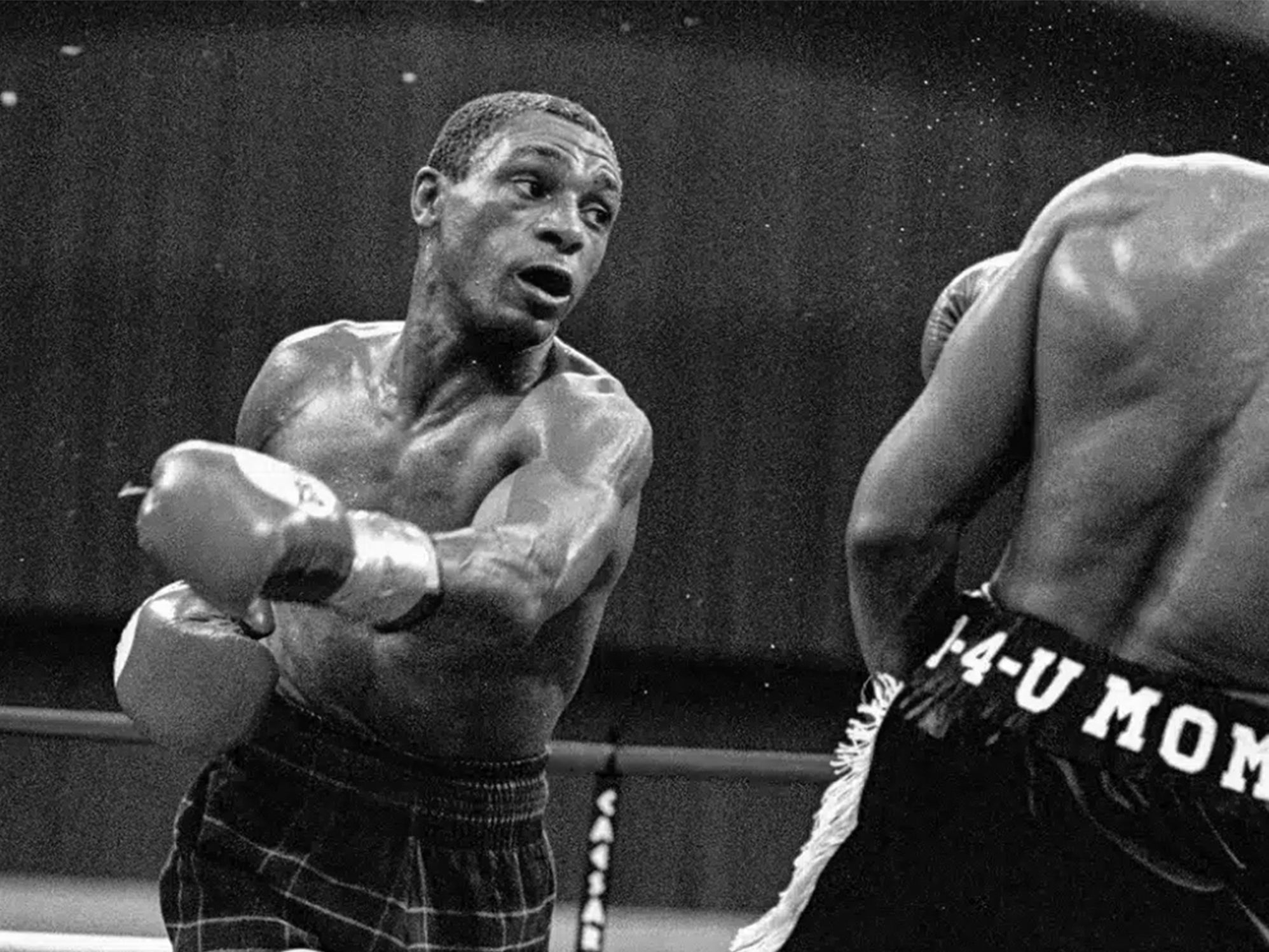Ever since the Queensberry Rules were drafted in 1865, Britain has proudly boasted a world champion in every weight division. From unlimited rounds and horsehair filled gloves, to modern day 12 rounds championship bouts with firework fanfares, some of Britain’s very best became emblazoned in fistic history. However, there will always be the ‘nearly’ fighters. British boxers who simply never achieved the ultimate crowning glory of becoming a world champion, either due to circumstances, injuries or politics. We are going to take a look at four such British greats.
First up, LEN HARVEY. Eight decades before Carl Froch was boasting about his knockout of George Groves with 80,000 fans in attendance, Len Harvey had already fought in front of 90,000 at White City Stadium. In a career that spanned over 22 years, Harvey was a mere 12 years old when he made his debut against Young King on 2 January 1920, with Harvey weighing in at a modest 68lbs.
 LEN HARVEY
LEN HARVEY
Born on 11 July 1907, Leonard Austen Harvey fought 60 times before his eighteenth birthday, racking up 53 wins, three points losses and four debatable draws. Incredibly, within that timeframe, the Cornish teenager had also fought the full 15 round distance 12 times and even went 20 rounds once, at the age of 16.
In a remarkable career spanning 22 years, he fought in every weight class from flyweight to heavyweight and retired with an incredible 146 fight professional boxing record, consisting of 122 wins, 14 losses and 10 draws. He claimed to have had in excess of 400 professional contests, but the belief is he was also referring to booth fights. Either way, the pride of Stoke Climsland became British and Commonwealth champion at middleweight, light heavy and heavy, Commonwealth champion, but was unsuccessful with world title challenges against John Hery Lewis and Marcel Thil.
Next up, NEL TARLETON. Born on 14 February 1906 in Liverpool, this feisty featherweight clocked up 116 wins in a 144 fight career, losing only 20 contests. Entering the sport at what was considered at the time a relatively late age of 20, Tarleton, who stood a fraction under 5ft 10 inches, won his first British title at the age of 25, defeating Yorkshireman, Johnny Cuthbert on points over 15 rounds at Anfield Football Ground.
 NEL TARLETON
NEL TARLETON
Tarleton became one of only seven fighters (at the time of writing) to win the Lonsdale Belt outright two or more times, but the first to win the accolade twice. What made this more impressive is that he became British featherweight champion on three separate occasions, bouncing back from defeats against respectable opposition. Despite also holding the featherweight Commonwealth strap for seven years, he unsuccessfully fought for the world title twice against American, Freddie Miller, losing on both occasions on points to the Wiley Cincinnati resident. Tarleton lacked zap in his punch, but it’s worth noting that from the age of two, he lived his remaining years with only one lung.
JAMES DRISCOLL, better known as Jim or Jem in boxing circles, was born on 15 December 1880 in Cardiff, Wales and died on 30 January 1925, also in his beloved hometown after a vicious battel with Tuberculosis. Driscoll fought a total of 77 professional fights, losing only three contests and won the British, Commonwealth and European featherweight crowns. However, his story holds a great deal more detail than his silverware cabinet.
 JAMES DRISCOLL
JAMES DRISCOLL
Driscoll was a religious man and gave a great deal of support to his local church. As part of his philanthropic efforts, he leant a great deal of time and effort to the Nazareth House Orphanage, to the point where he once gave up the opportunity of fighting for the world featherweight title, choosing his duties at the orphanage as the priority. In the USA, he was widely regarded as an unofficial world champion, after schooling the then champ, Abe Attell over 10 rounds. The newspapers awarded Driscoll the decision, with only a minority seeing the fight as a draw or marginal win for Attell. Consequently, when Driscoll returned to Britian, he was recognized in Europe as World Featherweight champion.
No, he didn’t become an official world champion, but the fact that he was inducted into the Ring Magazine Hall of Fame and International Boxing Hall of Fame, speaks volumes. A true 126lbs fighter who would have caused big problems for any featherweight from any generation. Jim Driscoll is considered by many to be the best British boxer never to have won an official world title.
West Midlands boxer, OWEN MORAN, was born in Brimingham on 4 October 1884 and towards the back end of his career locked horns with Jim Driscoll on 27 January 1913, for the British, Commonwealth and European titles. After 20 hard fought rounds at the National Sporting Club in Covent Garden, London, referee, John Herbert Douglas announced the decision a draw.
 OWEN MORAN
OWEN MORAN
In a career spanning 110 fights over 16 years, Moran had his debut at the ripe age of 16 in a boxing booth in Birmingham, knocking out his opponent in the second round. Fighting a week later at the same venue, he knocked out his next foe in the third. Within a year and a half, Moran, weighing 7 stone, 10lbs, beat Jim Kenrick to claim the English flyweight title at the age of 17. He went on to beat Jack Walker for the British flyweight title in 1903, then won the British and Commonwealth bantamweight titles in 1905, gaining a points victory against Digger Stanley, over 20 rounds. Sadly, the British title was only sanctioned by the National Sporting Club from 1909, so Moran is not entered into the history books as a British champion.
Probably the biggest travesty is that Moran was never recognised as a world champion, despite a number of contests stating otherwise. In 1907 he beat Al Demont for what was billed as the world bantamweight title, then four months later beat Young Price for the world 120lbs world crown. He also drew twice against Abe Attell in 1908 for the world featherweight title, with the first contest being fought over 25 rounds and the latter over 23 rounds, due to Moran wanting to fight 25 and Attell wanting 20 rounds.
On paper, it’s incredible to think that Owen never even won a British title. During his career, Moran beat boxing greats George Dixon and Ad Wolgast on points and knocked out Frankie Neil and former lightweight legend Battling Nelson. Unsurprisingly, Moran was inducted into the International Boxing Hall of Fame in 2002.
Paul Zanon, has had 11 books published, with almost all of them reaching the No1 Bestselling spot in their respective categories on Amazon. He has co-hosted boxing shows on Talk Sport, been a pundit on London Live, Boxnation and has contributed to a number of boxing publications, including, Boxing Monthly, The Ring, Daily Sport, Boxing News, Boxing Social, amongst other publications.

